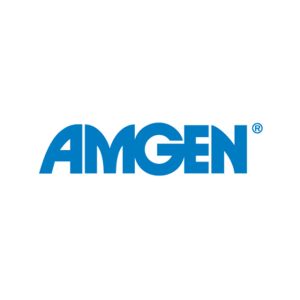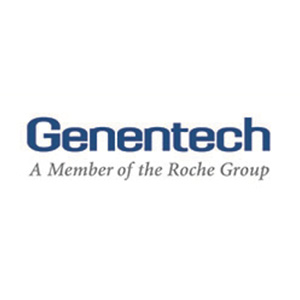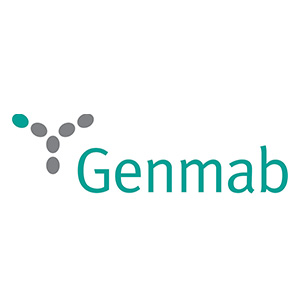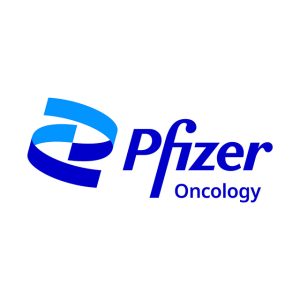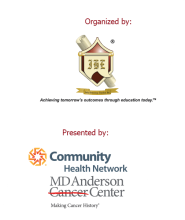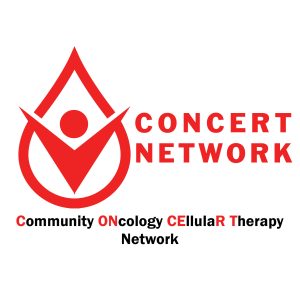Achieving tomorrow’s outcomes through education today.™
Achieving tomorrow’s outcomes through education today.™
CONCERT NETWORK Audio
CONCERT NETWORK
Friday, February 23, 2024
Westin Hotel
Indianapolis, IN
INTRODUCTION:
This is the third meeting conducted on this critical topic. The first meeting of CONCERT network was held on March 17th, 2023, and the second meeting was September 30, 2023, at the Westin, Indianapolis.
Immune Effector and T-cell directed therapy, such as CAR T-cell therapy and T-cell engager treatments such as Bi-Specific antibody treatments, has revolutionized the treatment of hematologic malignancies. CAR T-cell treatment has its own limitations, and it often requires cumbersome manufacturing processes and is associated with high costs and appropriate infrastructure. Off the shelf therapies such bi-specific antibodies have been approved for the treatment of acute lymphoblastic leukemia, multiple myeloma, follicular lymphoma, and diffuse large B-cell lymphoma in the United States (US). Additionally other bi-specific antibodies are being developed for hematologic malignancies and other diseases. However, despite FDA approval of these agents, most patients being treated in the community do not have access to these agents due to concerns about potential adverse reactions and the required infrastructure. Additionally, most of the study clinical sites for these therapies have included few community oncology centers thus disadvantaging them from the ability to set up pre-approval infrastructure and subsequent implementation of immune effector therapies at community oncology centers.
Most patients with hematologic malignancies in the US are treated at community oncology practices, yet currently available therapies are delivered at academic centers with resultant non-diverse patients currently been offered these therapies and further worsening existing disparities in cancer care, particularly for these lifesaving therapies and exacerbating the nonavailability of clinical trial or real-world data of immune effector therapies for diverse populations.
The desire to provide modern cellular therapies to patients in the community, where most cancer patients in the US are treated, is the reason we created a NETWORK of community providers who are interested in establishing the infrastructure for cellular therapies and delivering such services to their patients. Cellular therapies in this definition would include bi-specific antibodies, CAR-T therapies and other immunotherapies directed towards T-cells or malignant cells defined as appropriate for inclusion by the organization.
We believe the immediate needs of community oncology are to establish cellular therapies and immunotherapies focusing on the most pressing initial need for protocols and SOP’s for managing bi-specific antibody-based therapies and subsequently creating an organization to promote the establishment of the infrastructure for the safe and effective administration of immune effector therapies, and the participation of good quality clinical trials with a focus on participant diversity.
AIMS and OBJECTIVES:
- Refine clinical protocols and standard operating procedures (SOP’s) for the safe and effective administration of immune effector therapies in community oncology practices.
- Create infrastructure for the generation and collection of data across NETWORK.
- Provide education for members and member institutions.
- Establish a scalable training program for institutional staff, including but not limited to nursing, pharmacists, pharmacy technicians, medical assistants, revenue cycle, final counsellors, clinical research, and administrative personnel.
- Create a consultative infrastructure for NETWORK members.
- Understand the financial challenges and strategies for the establishment of a fiscally viable cellular therapy and immune effector therapy program.
- Drafting CONCERT POSITION PAPER: “How we set-up and manage immune effector therapies in community oncology practices”
AGENDA - CONCERT NETWORK SPRING MEETING; FEBRUARY 23, 2024
| 1:00 PM – 1:45 PM | Lunch |
| 1:45 PM – 2:15 PM | Welcome and Introductions – Ruemu E. Birhiray, MD |
| 2:15 PM – 2:45 PM | The Mechanics of Updating Your Therapeutic Armamentarium; How to Set Up Immune Effector Therapies at Your Institution: What to do and How to do it – Tara Graff, MD |
| 2:45 PM – 3:15 PM | Updating Your Therapeutic Armamentarium: An Update to Operating Procedures and Personnel – Brooke Peters, PharmD, BCOP |
| 3:15 PM – 3:20 PM | Q&A |
| 3:20 PM – 3:40 PM | Emerging and Cellular Therapeutic Options for Multiple Myeloma: |
| Understanding Your Immune Effector Therapeutic Options in Multiple Myeloma – Saad Usmani, MD, MBA, FACP | |
| 3:40 PM – 3:50 PM | Practical Strategies for Implementing Cellular Therapy in Community Oncology Practice for Multiple Myeloma – Rafat Abonour, MD |
| 3:50 PM – 4:20 PM | Targeting BCMA in Multiple Myeloma: Teclistamab – Saulius Girnius, MD, Johnson and Johnson Innovative Medicines |
| 4:20 PM – 4:50 PM | BCMA CAR-T: Cilta-Cel – Yogesh Jethava, MD, FACP, Johnson and Johnson Innovative Medicines |
| 4:50 PM – 4:55 PM | Q&A |
| 4:55 PM – 5:05 PM | Break |
| 5:05 PM – 5:35 PM | Understanding and Managing Your Patients with Current Immune Effector Therapeutic Options in Lymphomas – Tycel Phillips, MD |
| 5:35 PM – 6:05 PM | Immune Effector Therapies for Lymphoid Leukemia – Evan Chen, MD |
| 6:05 PM- 6:35 PM | Cell Therapy is a Team Sport; One Team Managing Patients Across Multiple Delivery Settings – Ralph Boccia, MD, FACP and Beth Price |
| 6:35 PM – 7:05 PM | Creating a Partnership Between Academia and Community Practices in Delivering Cellular Therapies for Hematologic Malignancies – Muthu Kumaran, MD |
| 7:05 PM – 7:20 PM | Take Home Message: PANEL DISCUSSION: Practical Tips for Setting Up and Managing Your Patients with Effector Therapies in Community Oncology Practices – Ruemu E. Birhiray, MD, Brooke Peters, PharmD, BCOP, Ralph Boccia, MD, FACP, Tara Graff, MD, Saad Usmani, MD, MBA, FACP, Evan Chen, MD, Rafat Abonour, MD, Muthui, Veeraputhiran, MD |
ACTION PLAN:
Establish a cellular therapy program focused on bi-specific antibodies and protocols will be drafted, with the following focuses:
- Administrative structure for Bi-Specific antibody therapy/cellular therapy/immunotherapy administration in the community setting.
- Treatment and drug administration protocol: In-patient/outpatient administration.
- Management of adverse reactions (AE) and effects.
- Hospitalization procedure for adverse reactions and notification of management teams; Emergency department, critical care, infectious diseases, hospitalist teams, nursing, pharmacy, neurology etc.
- Procedures and Management of CRS and grading of CRS, administration procedure for tocilizumab and vasopressors.
- Procedures and Management of ICANS and grading of ICANS, administration procedure for steroids.
- Drug availability for management of adverse reactions; including but not limited to tocilizumab, steroids, and antibiotics.
- Setting up local management teams for AE management: Emergency department, critical care, infectious diseases, hospitalist teams, nursing, pharmacy, neurology etc.
- Infectious disease prophylaxis and management of immune deficiencies: antibiotics, antivirals, antifungals, immunoglobulin, and COVID-19 antibody prophylaxis.
- Training of clinic, hospital nursing staff and physicians: hematologists/oncologists/pharmacists/ED, ID, Critical care, Neurology consultants.
- Draft and publish position paper: “How we set-up and manage immune effector therapies in community oncology practices.”
FUTURE PLANS
This organization is intended to be a continuous and actively evolving entity and additional meetings either in person or virtually will be set up, possibly around major congresses and annually in Indianapolis, to address ongoing issues that arise from the inaugural meeting. We anticipate a minimum of 2 meetings in 2024.
- Provide guidance for the infrastructural set up, personnel and program implementation
- Provide SOPs for the CRS management
- Set up internal email system or messaging system for confidential patient discussion and information
- An organizational structure will be set up for the administration of this entity.
Thanks to our Sponsors for their support
